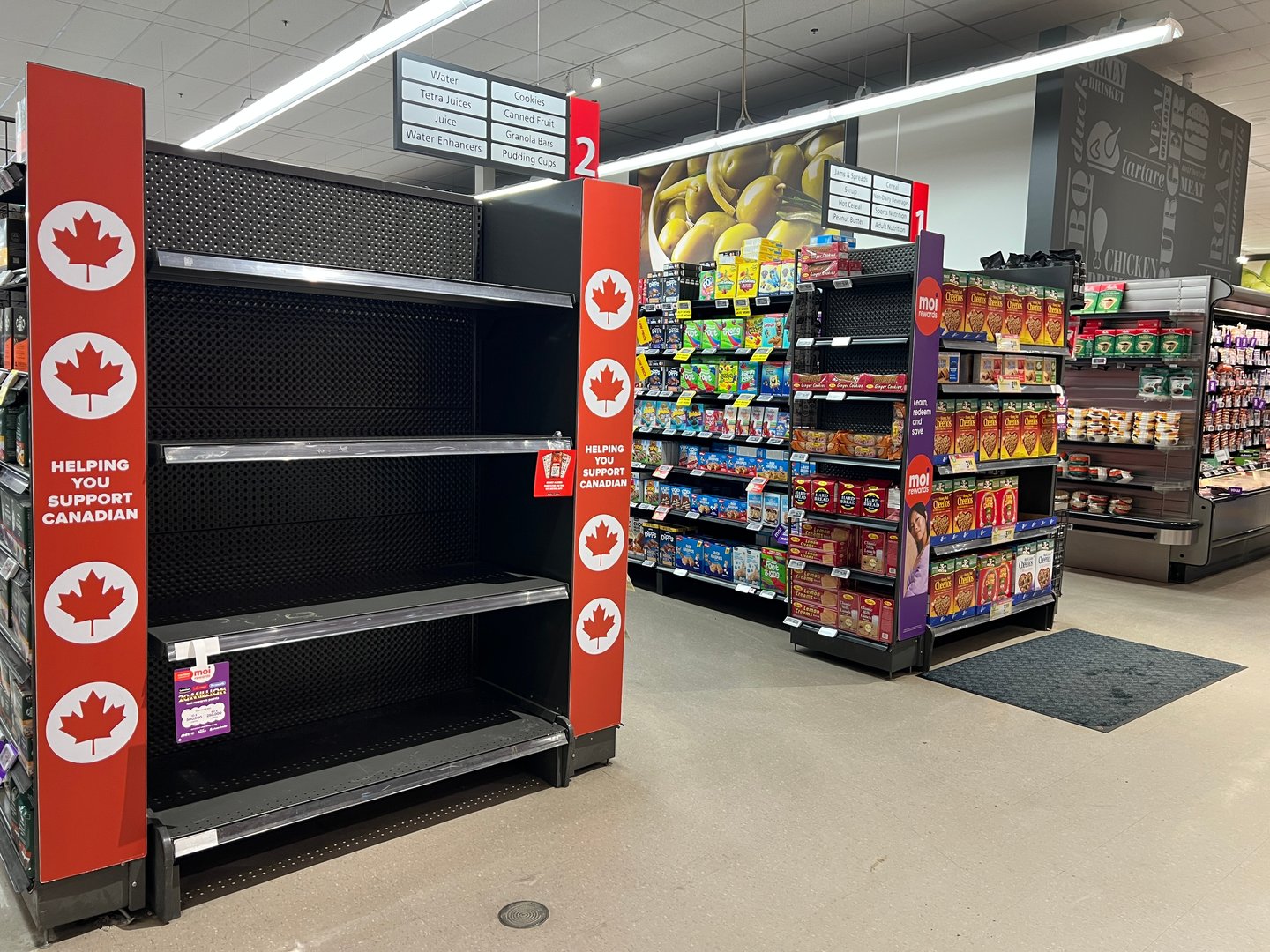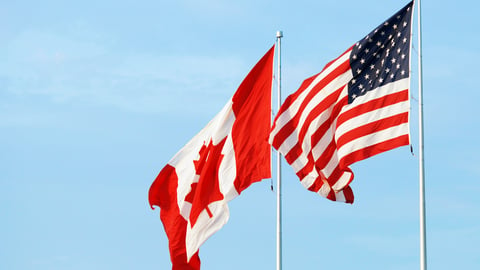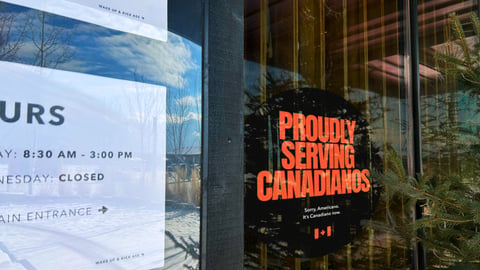Canadians willing to pay more for homegrown goods: survey
Canadians are prepared to fork over more cash for local produce, dairy or meat as the U.S.-Canada trade relationship sours.
A new survey conducted by Dalhousie University’s Agri-Food Analytics Lab, in partnership with Caddle, found the majority of consumers support the “Buy Canadian” movement.
The survey of more than 9,700 Canadians in March revealed that 60.8% of shoppers are open to paying 5% to 10% more for Canadian produce, dairy or meat over American alternatives.
READ: Uncertainty surrounding tariffs remains. What can grocers do?
Baby boomers are most likely to “always” pay more, while gen Z are less likely to do so (25.5%), citing price as their main concern.
If U.S. imports became restricted, 39.6% of Canadians surveyed said they would seek out imports from other countries, while 37.6% would buy more expensive local alternatives.
Notably, 47.7% of respondents believe Canadian food is superior in both quality and safety.
“These numbers signal a clear patriotic tilt in Canadian grocery aisles. With nearly two-thirds of Canadians willing to spend more for homegrown food, the ‘Buy Canadian’ movement is not just symbolic—it’s a consumer-driven strategy in the face of geopolitical risk,” Sylvain Charlebois, director of the lab, said in a press release.
Just over half (51.3%) of Canadians trust grocers—to some extent—to stabilize local food prices, while 20.3% are distrustful.
“Grocers should take this as a cue—trust is up for grabs. More than a quarter of Canadians are on the fence. Clear pricing strategies and better communication during trade uncertainty can make a meaningful difference,” Janet Music, research program manager at the lab, stated.
Loblaw’s “T” symbol, for instance—which identifies products affected by counter-tariffs—seems to have won over shoppers, with 60.6% believing it to be a “great idea.”
Support for the retailer’s labeling initiative exceeds 65% among households with children, suggesting concern for food safety and affordability among parents, Dalhousie said.






